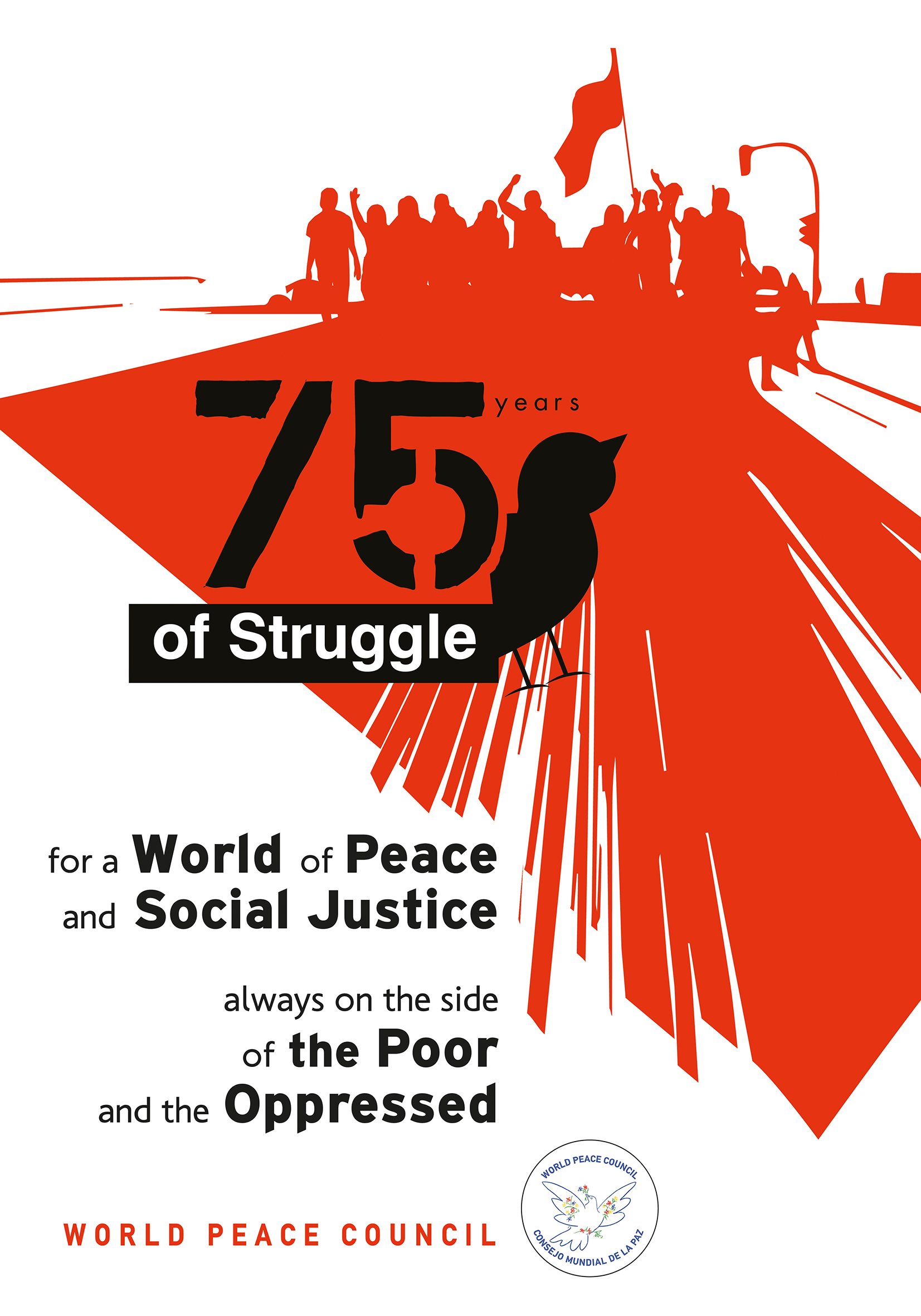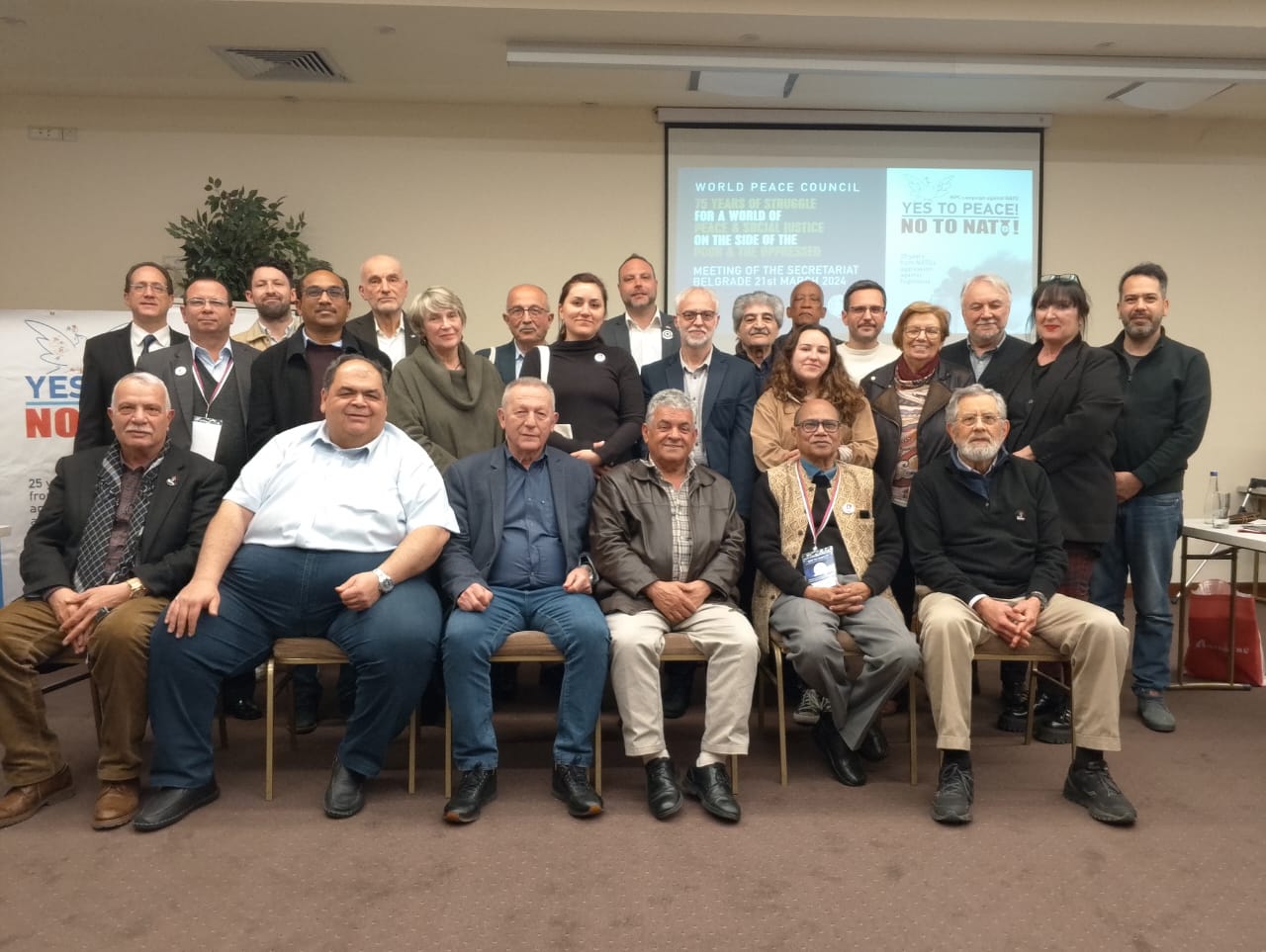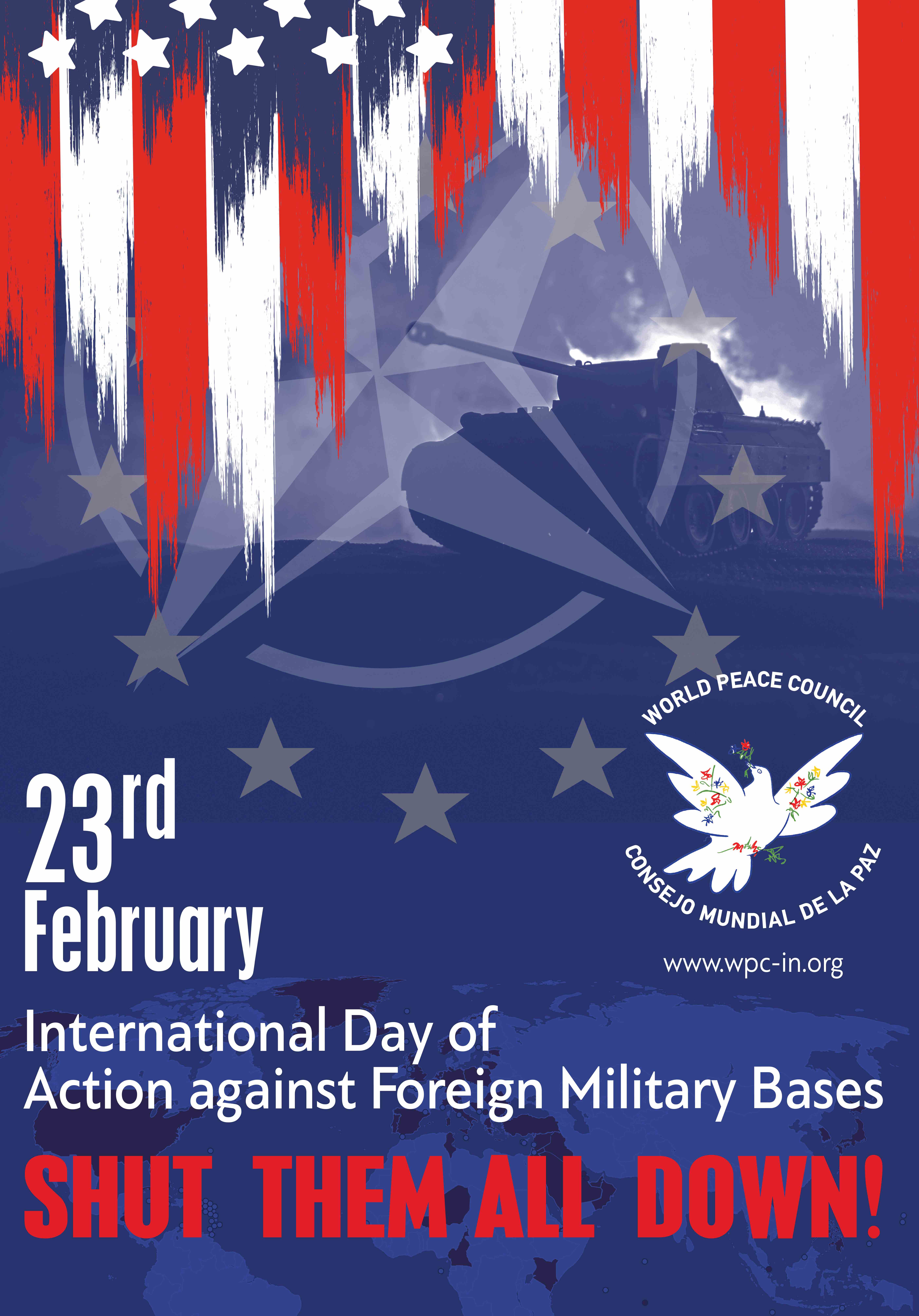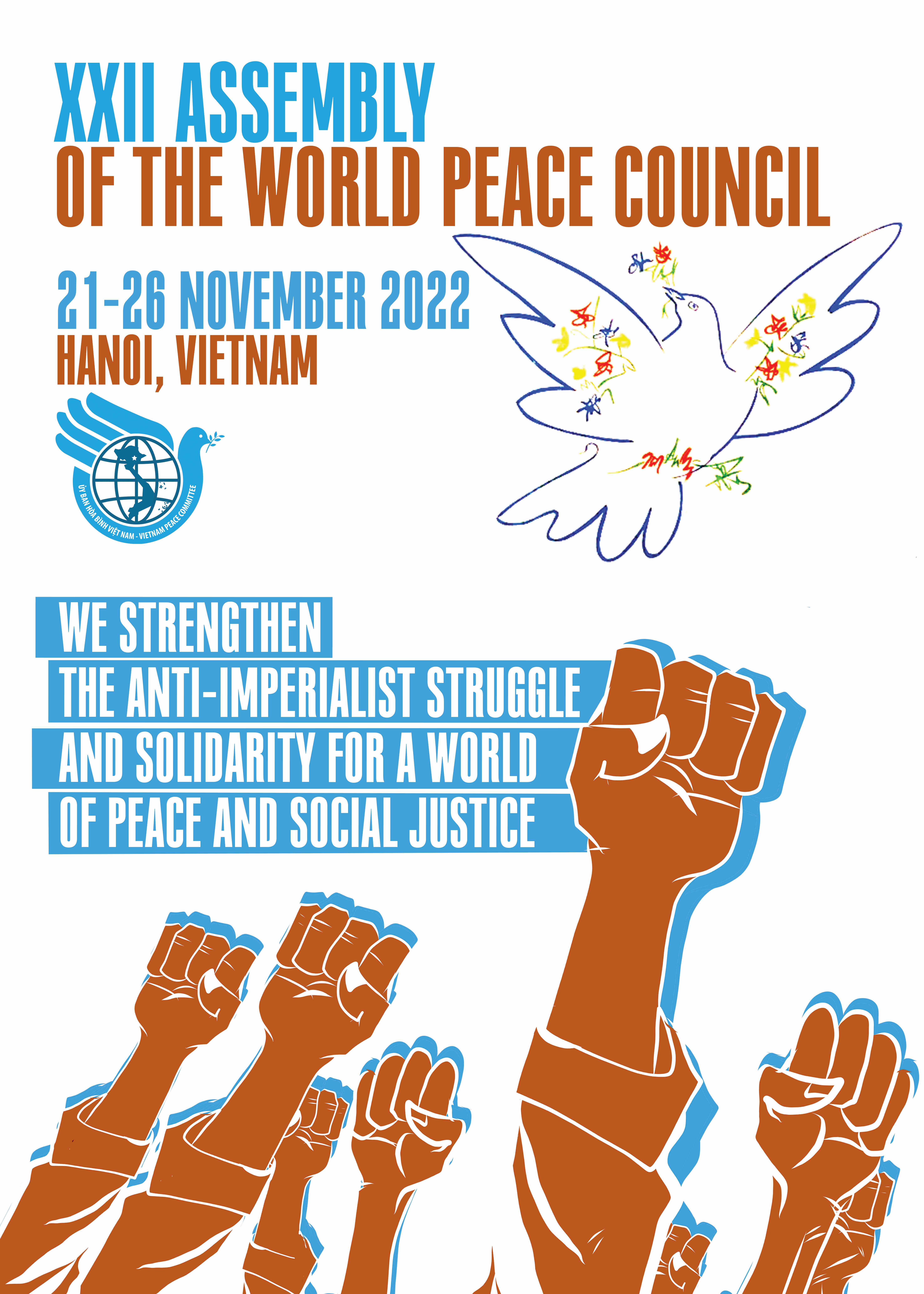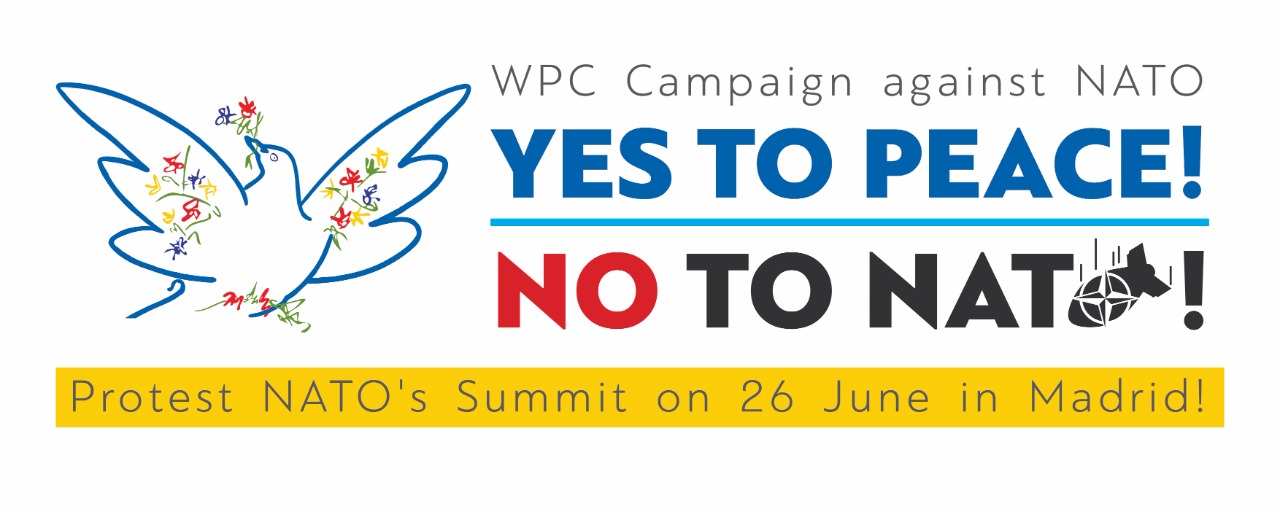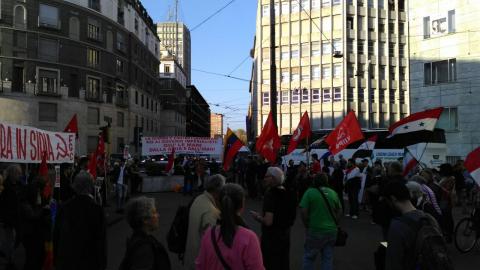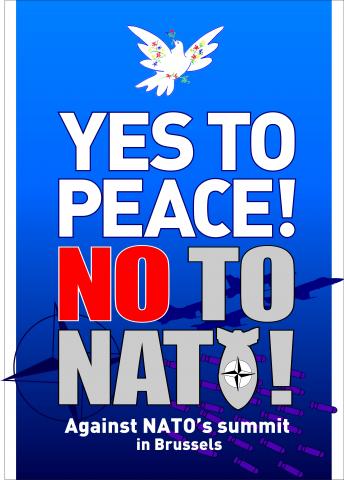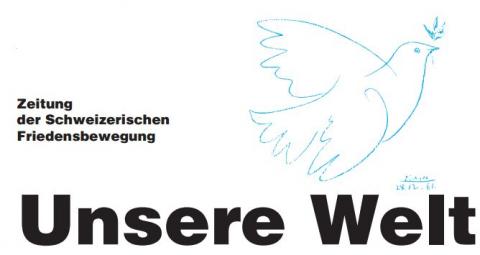PRESS RELEASE OF THE COMMITTEE AGANST WAR MILAN
The "Comitato Contro La Guerra Milano" (Committee Against the War Milan), adhered unreservedly to the World Council of Peace Declaration on the missile attack of the United States to Syria, calling the protest outside the US Consulate in Milan.


